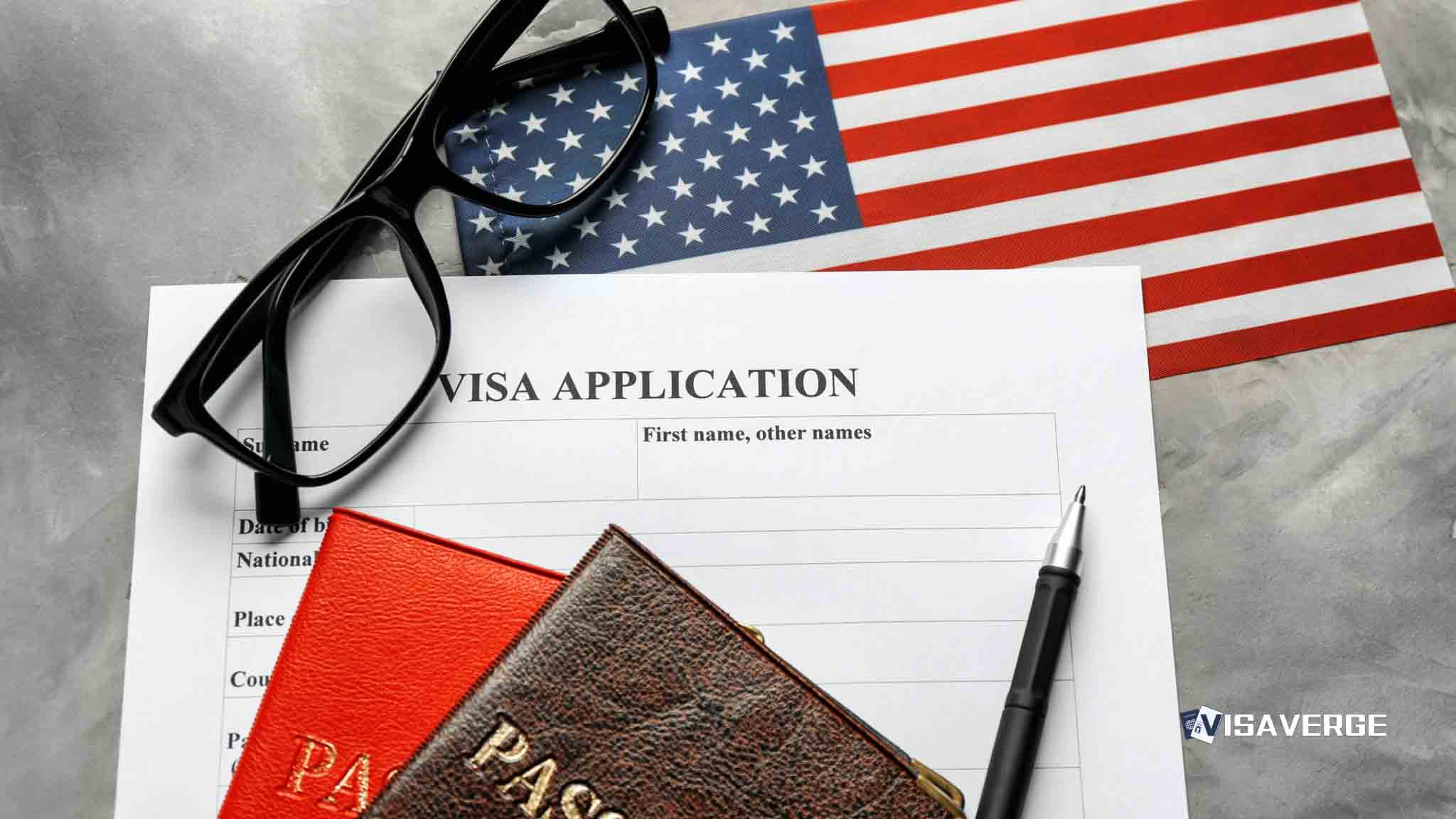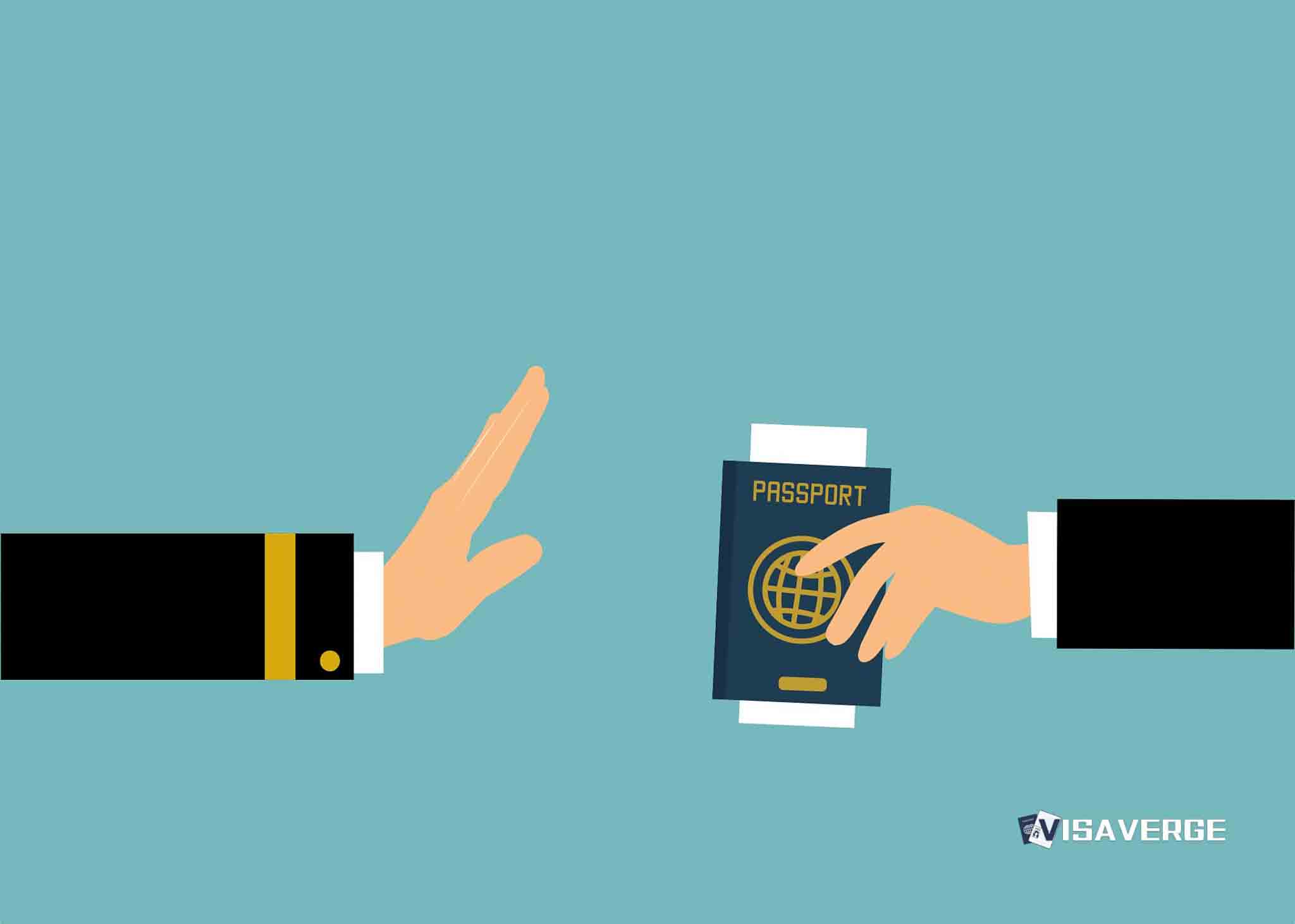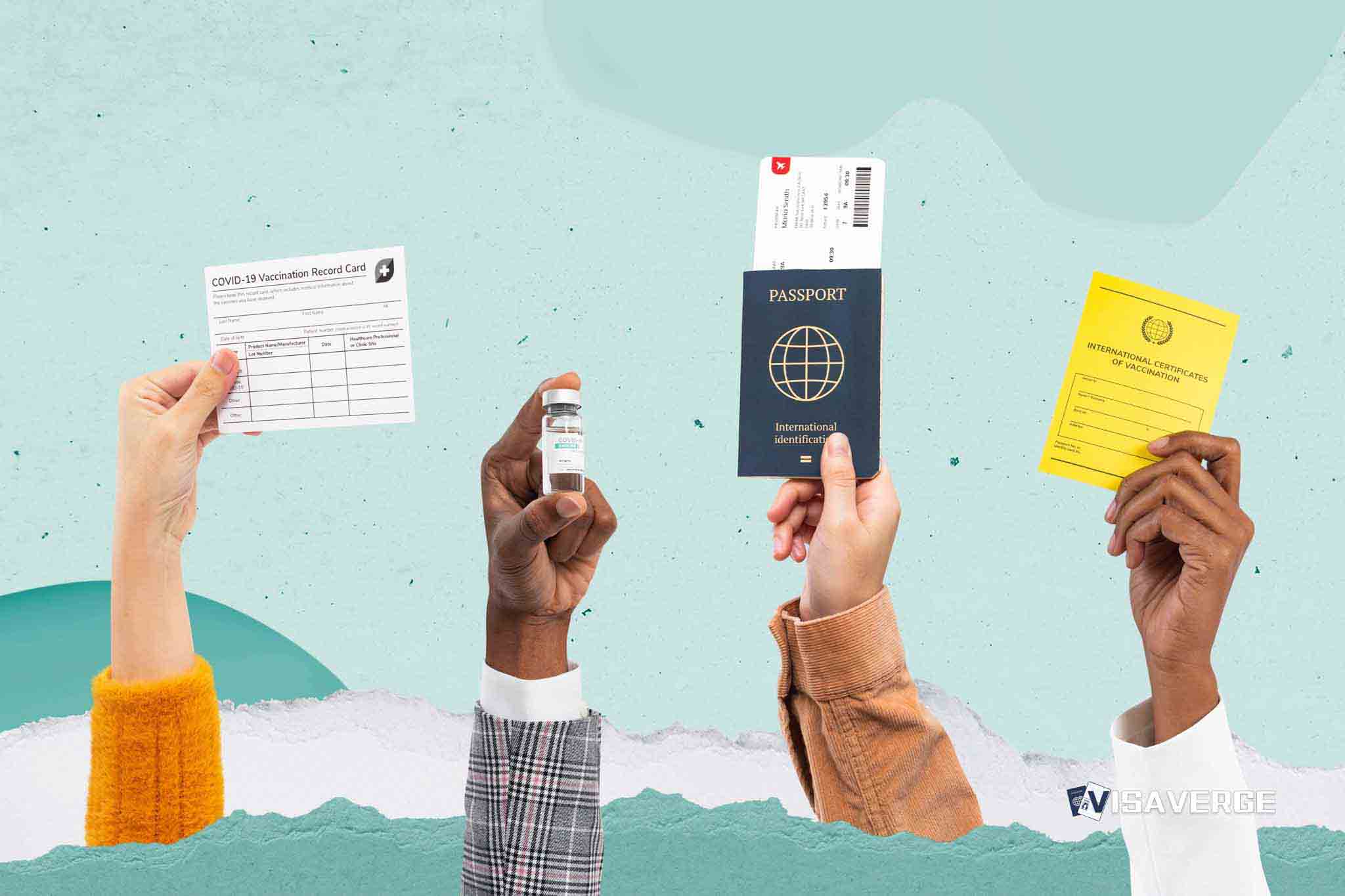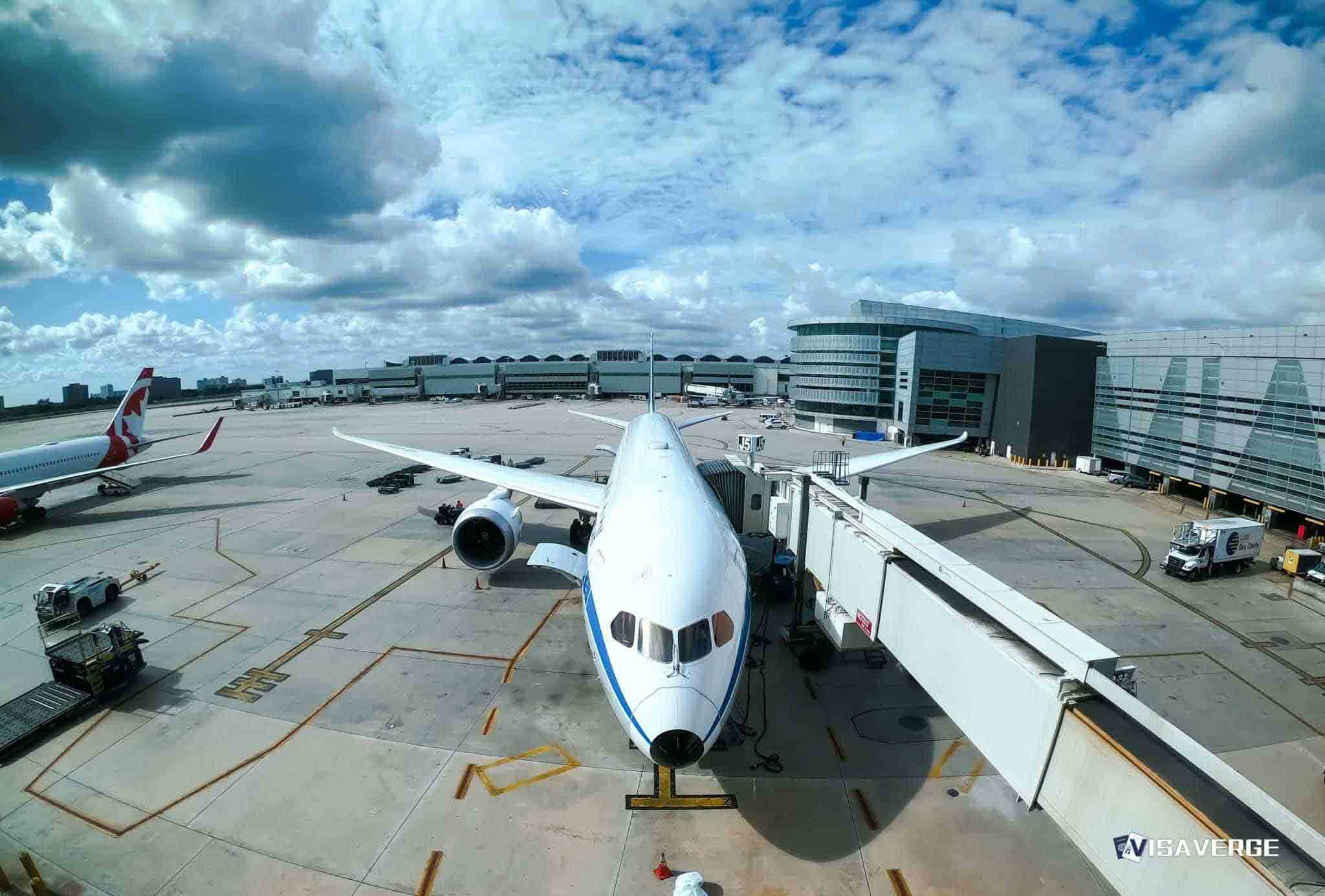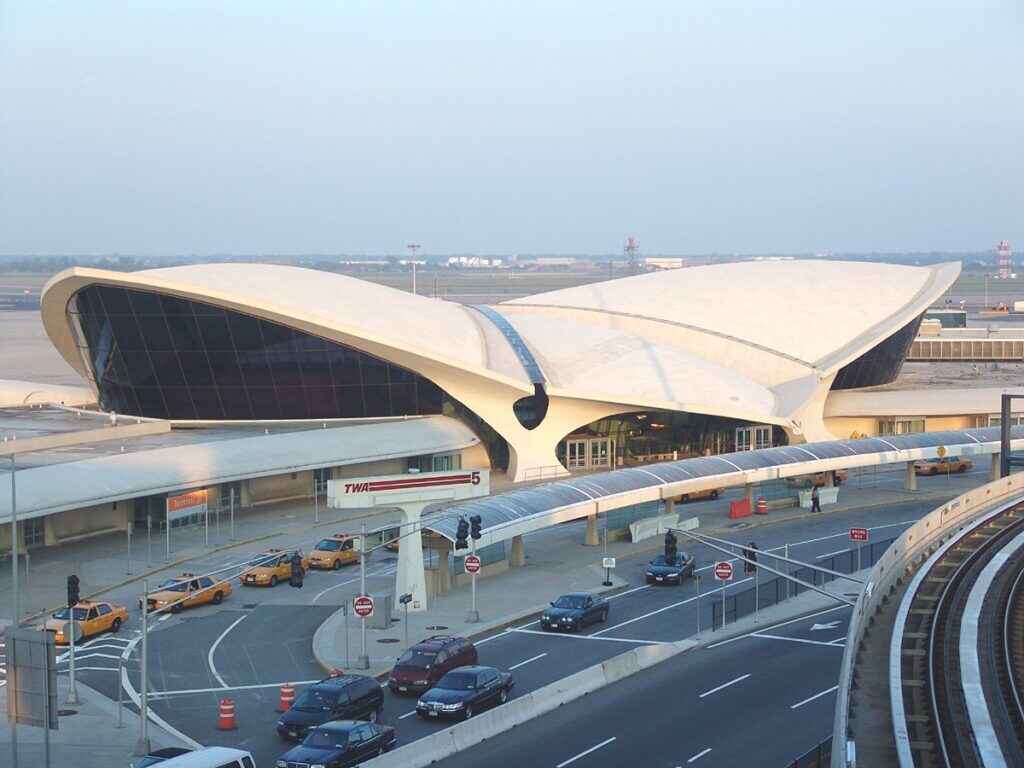(BANGKOK) An Indian student’s F 1 visa application at the U.S. Embassy, Bangkok, took a shocking turn in July 2025 when an initial “Approved” status quickly flipped to “Refused.” This sudden reversal, with no clear explanation or formal refusal letter, has left many third-country applicants worried about the risks and unpredictability of the U.S. student visa process.
The student, who traveled to Thailand for the interview, believed their F 1 visa was granted after a positive meeting with the consular officer on July 21, 2025. The official even told the applicant that everything looked fine, and the online CEAC system showed “Approved” the same day. But within two days, the status changed to “Refused,” and the U.S. Embassy, Bangkok, kept the student’s passport without giving a 221(g) slip, refusal letter, or request for more documents.
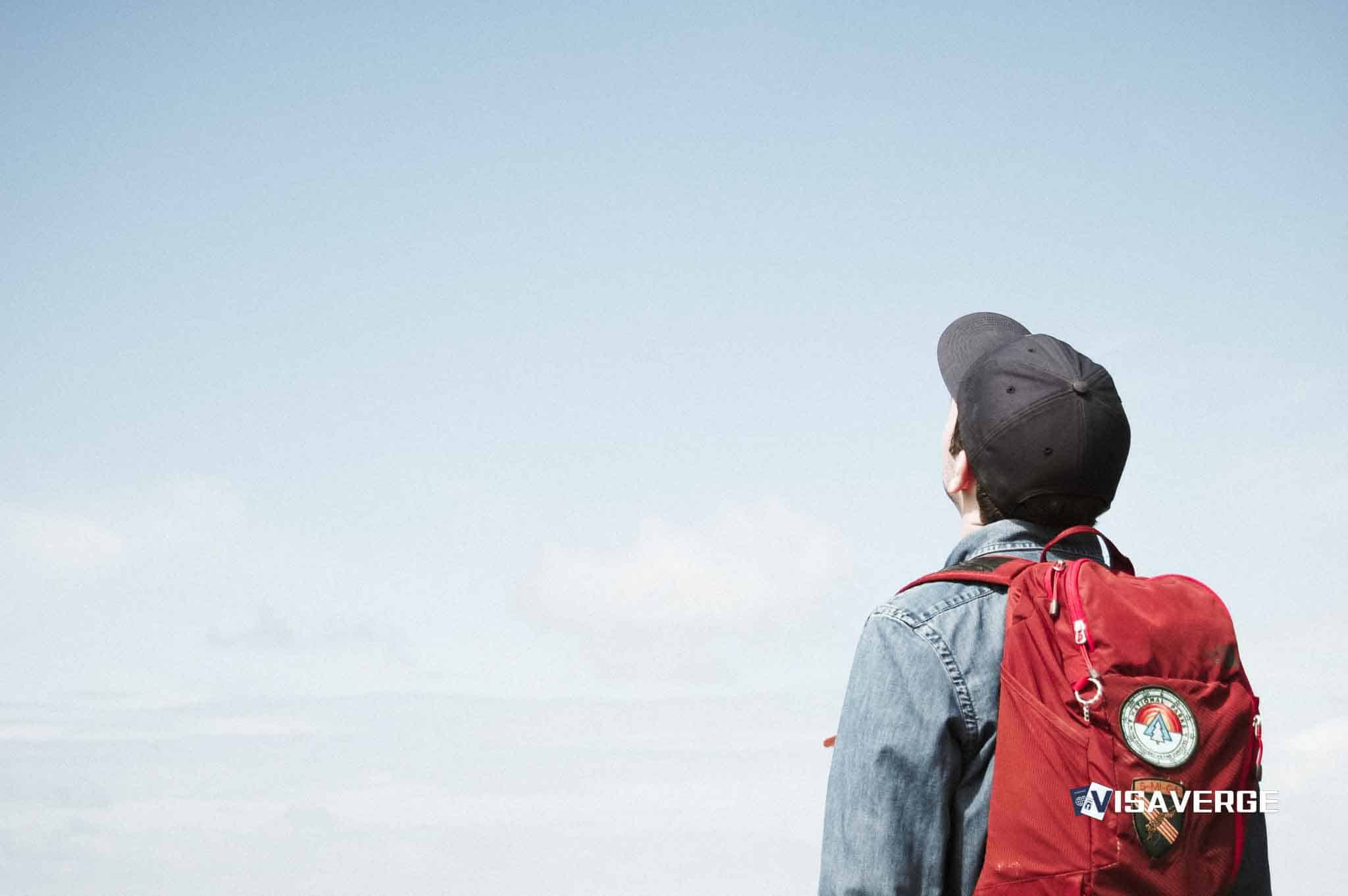
This case has sparked heated discussions on social media and student forums, especially among Indian students who apply for U.S. visas in countries other than India. Many are now questioning whether third-country interviews are worth the risk, given the extra scrutiny and lack of clear communication.
Why Third-Country Interviews Are Riskier
Many Indian students choose to apply for their F 1 visa in countries like Thailand or Malaysia because of long wait times and backlogs at U.S. consulates in India. However, experts warn that consular officers often view these applicants with more suspicion. They may see students applying outside their home country as less rooted or more likely to overstay in the United States 🇺🇸.
According to analysis by VisaVerge.com, third-country applicants face a higher chance of administrative processing, which means their cases are put on hold for extra checks. This can happen even if the interview goes well and the officer seems satisfied. The lack of a local address or strong ties to the interview country can make officers question the applicant’s true intentions.
Administrative Processing: What It Means
When a visa status changes from “Approved” to “Refused” in the CEAC system, it often signals administrative processing under Section 221(g). This is not a final denial but means the embassy needs more time to review the case. Usually, applicants get a 221(g) letter explaining what’s needed, but in some cases—like the one in Bangkok—no letter or request is given. This leaves students in a stressful limbo, unsure if they should wait, reapply, or make other plans.
The U.S. Embassy, Bangkok, and the U.S. Department of State both stress that a visa is not officially approved until the applicant receives their passport with the visa inside. Even if the officer says “approved” or the online system shows it, students should not book flights or make final plans until they have the visa in hand.
Growing Challenges for Indian F 1 Visa Applicants
The Bangkok case is not an isolated incident. In May 2025, another Indian student was denied an F 1 visa at the Hyderabad consulate after facing a series of unexpected technical questions, especially about their chosen STEM program. This marks a shift from the usual interview, which mostly covers academic plans, proof of funds, and ties to India.
Many students now report that interviews are getting tougher, with more detailed and subject-specific questions. This trend is especially strong for graduate and STEM applicants, both in India and at third-country consulates.
Key Takeaways for Students
- 📋 “Approved” is not final: Only the physical visa in your passport counts as approval. Online status can change, and verbal assurances are not binding.
- ⚠️ Third-country interviews carry extra risk: Officers may be more skeptical, and administrative processing is more likely.
- 📋 Prepare for tough questions: Expect technical or subject-specific questions, especially for STEM and graduate programs.
- ⚠️ No formal appeal: Most F 1 visa refusals cannot be appealed, but you can reapply if you have new information or changed circumstances.
- 📋 Wait before inquiring: If your status changes to “Refused” without explanation, wait at least 60 days before contacting the embassy.
Step-by-Step Guide for Third-Country F 1 Visa Applicants (Bangkok, 2025)
- ✅ Register a delivery address for your passport return before the interview. This is required by the U.S. Embassy, Bangkok.
- ✅ Schedule and complete a medical exam with an approved doctor in Thailand before your interview.
- ✅ Bring all original documents to the interview, including your I-20 form, financial proof, academic records, and passport. Missing documents can cause delays or refusals.
- ✅ Attend your interview at the scheduled time. You’ll go through security, have your documents checked, and give fingerprints.
- ✅ If approved verbally, your passport will be kept for visa printing. Do not make travel plans until you get your passport back with the visa.
- ✅ If your status changes to “Refused,” check for any emails or letters from the embassy. If you get no information, wait 60 days before reaching out.
For more details on the process and required documents, visit the official U.S. Embassy Bangkok visa page.
Expert Opinions and Community Impact
Immigration lawyers and former consular officers say that administrative processing is becoming more common for Indian students, especially those applying outside their home country. Security checks, academic verification, and concerns about whether students will return home after their studies are key reasons for these delays.
Student advocates urge applicants to apply as early as possible, prepare for detailed interviews, and think carefully before choosing a third-country interview location. The lack of clear communication from embassies only adds to the stress, making it harder for students to plan their studies.
One student shared on a forum, “I thought my visa was approved, but then it changed to refused with no explanation. I’m stuck waiting and don’t know what to do next.” Stories like this are becoming more common, especially as more students try to avoid long waits in India by applying elsewhere.
Background: Why Students Use Third-Country Consulates
In recent years, U.S. consulates in India have faced huge backlogs, with wait times stretching for months. This has pushed many students to look for appointments in places like Thailand and Malaysia, hoping for a faster process. However, as the Bangkok case shows, this strategy can backfire if officers are more cautious or if administrative processing is triggered.
Administrative processing and unclear refusals have always been part of the U.S. visa system, but the number of cases and the lack of communication seem to have increased in 2024 and 2025, especially for high-demand visas like the F 1.
What Should Students Do Now?
- 📋 Apply early: Start your visa process as soon as you get your I-20 form from your U.S. school.
- 📋 Prepare for detailed questions: Review your academic plans, research your chosen field, and be ready to explain why you chose your school and program.
- 📋 Keep documents ready: Bring originals and copies of all required papers, including proof of funds and academic records.
- 📋 Monitor your status: Check the CEAC website regularly for updates on your case.
- ⚠️ Don’t make travel plans until you have your visa: Even if your status says “Approved,” wait until you have your passport back with the visa inside.
Looking Ahead: Will Policies Change?
As of August 2025, there are no announced changes to F 1 visa rules or third-country interview policies. Lawmakers like Senator Marco Rubio have raised concerns about visa backlogs and their impact on U.S.-India relations, but no quick fixes are expected. Ongoing talks between the two countries and pressure from universities may lead to reforms in the future, but for now, students must be cautious and well-prepared.
Official Resources and Contacts
| Resource | Link |
|---|---|
| U.S. Embassy Bangkok Visa Section | https://th.usembassy.gov/visas/nonimmigrant-visas/ |
| U.S. Department of State Visa Denials | https://travel.state.gov/content/travel/en/us-visas/visa-information-resources/visa-denials.html |
| Contact after 60 days of administrative processing | Use the embassy’s contact form or email the visa section as instructed |
Summary for 2025 F 1 Visa Applicants
- ⚠️ Visa approval is not final until you receive your passport with the visa.
- ⚠️ Third-country interviews are riskier and may involve more delays.
- 📋 Be ready for tough, technical interviews, especially for STEM programs.
- ⚠️ No formal appeal for most refusals, but you can reapply if things change.
For the latest updates, always check official embassy and State Department websites. If you face problems, consider consulting a qualified immigration lawyer for advice on your specific case.
This Article in a Nutshell



